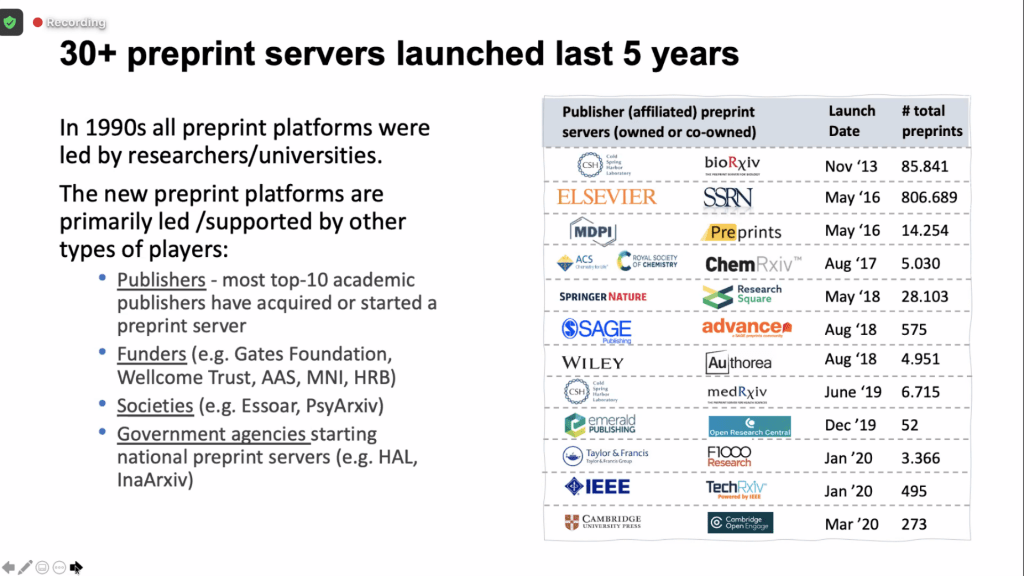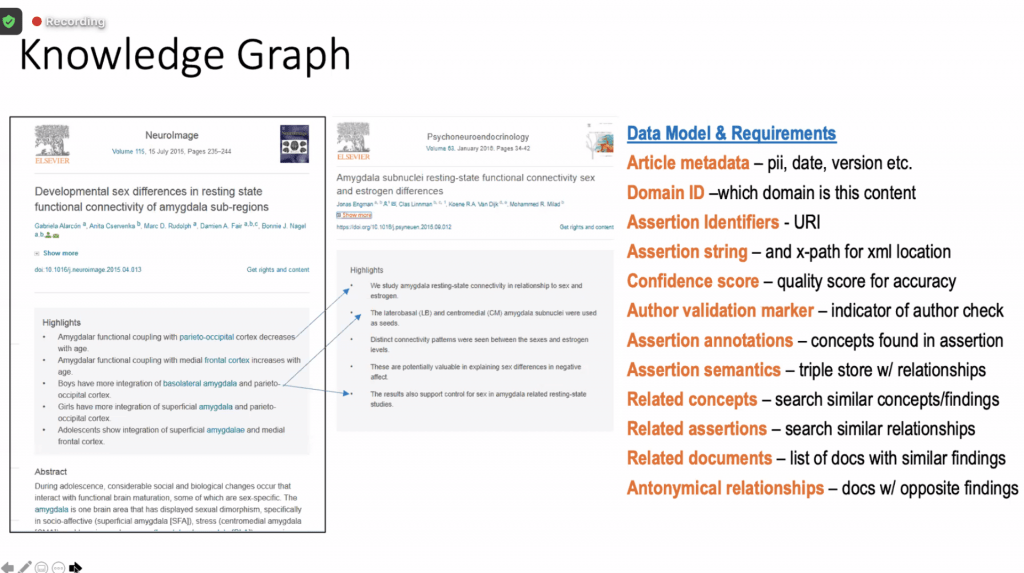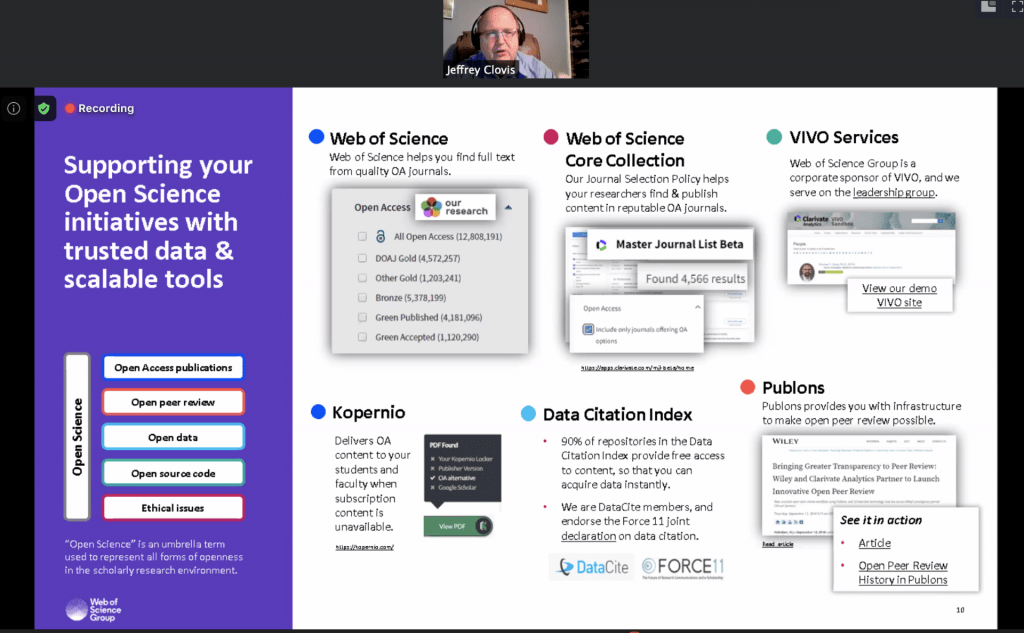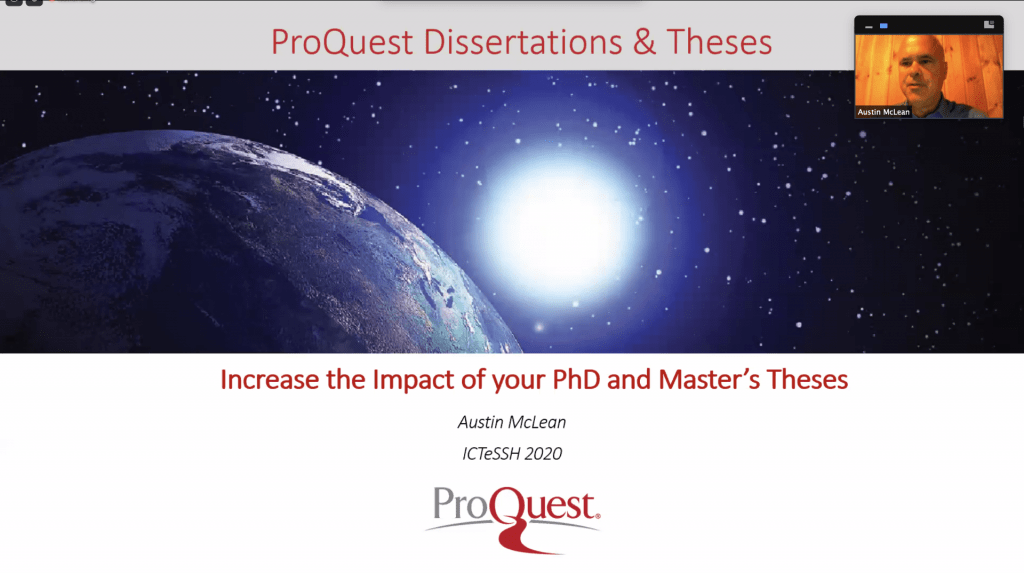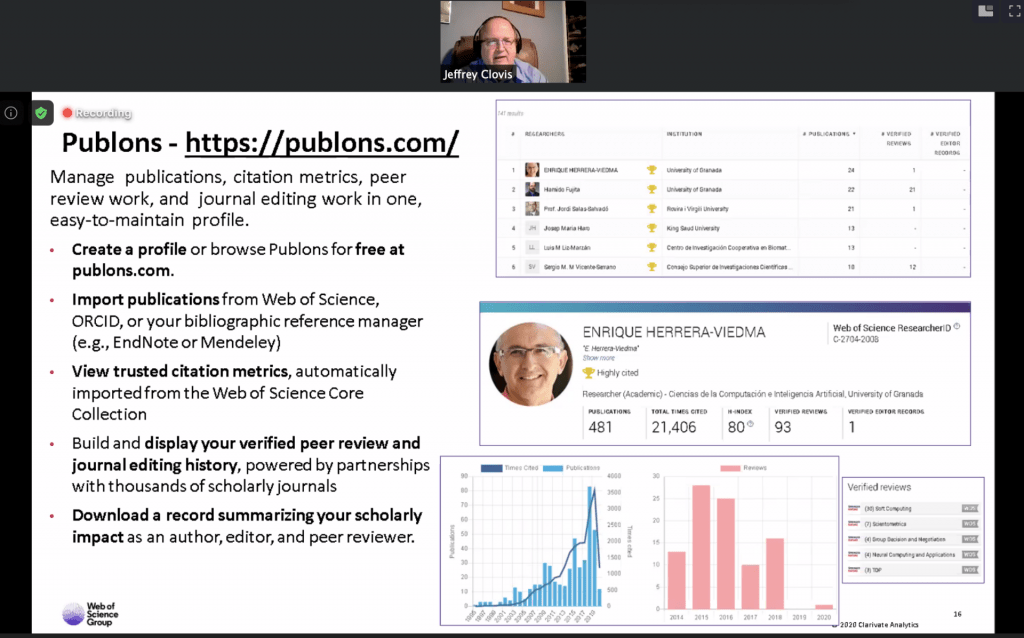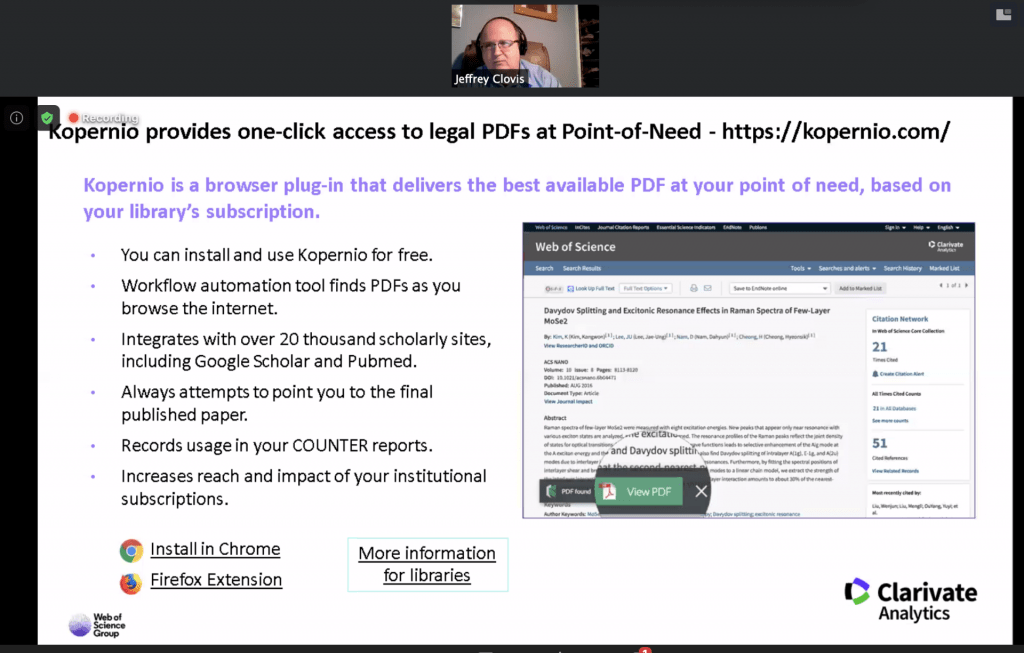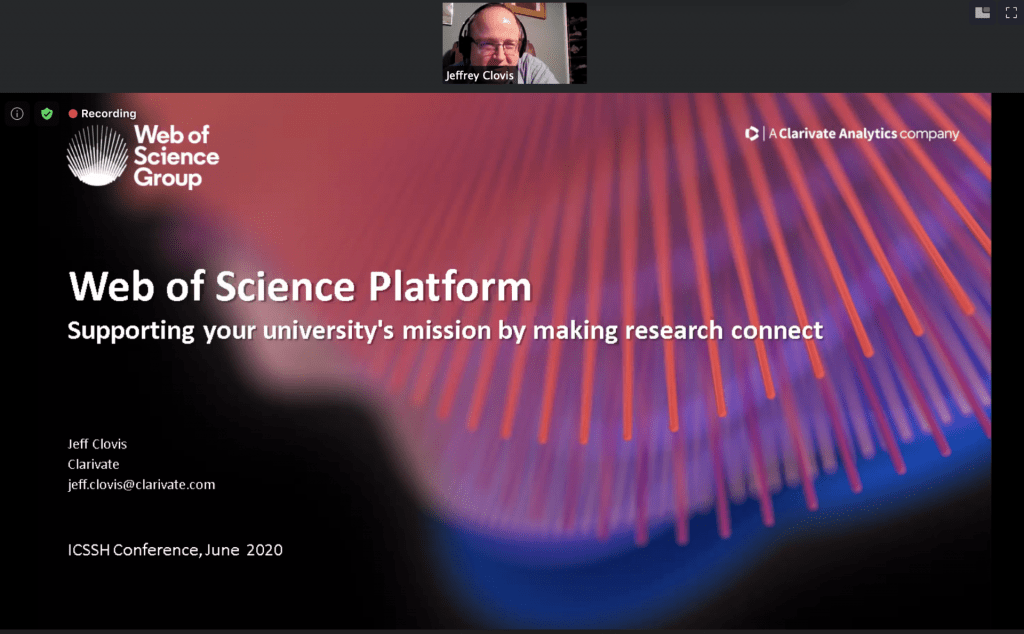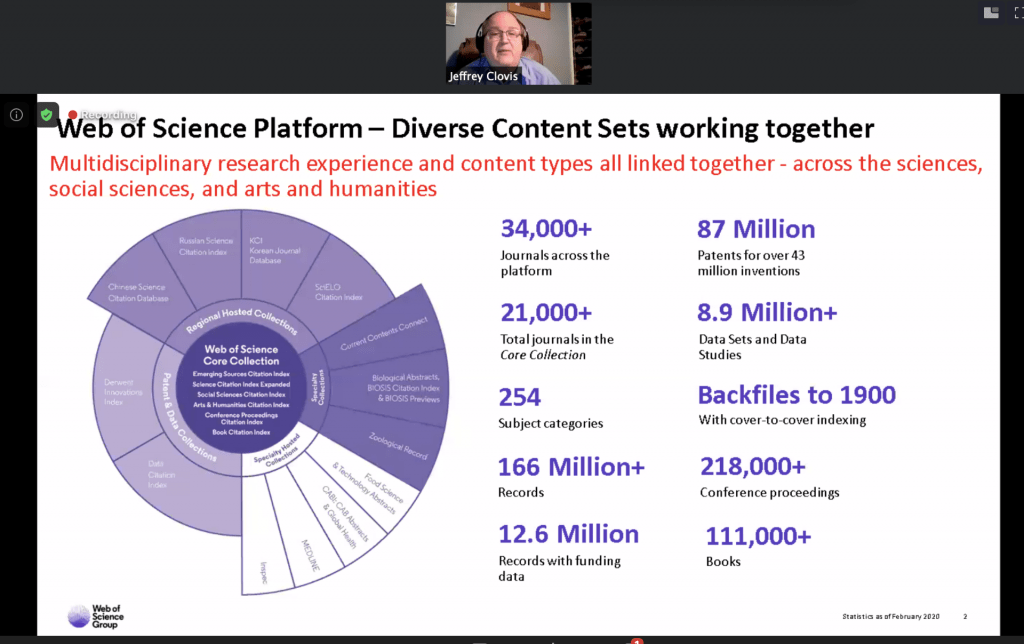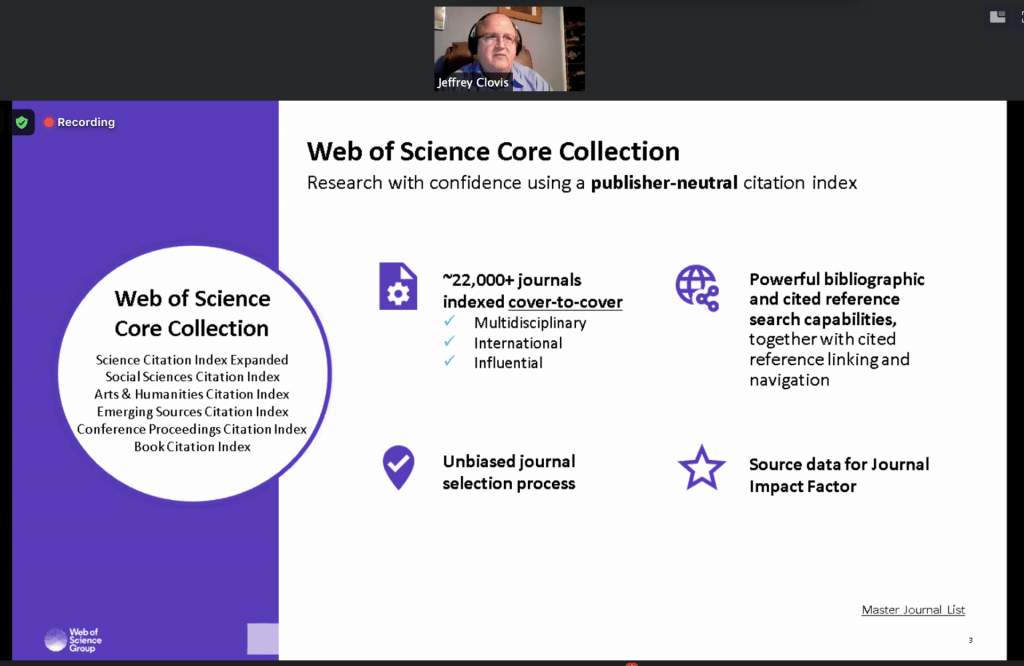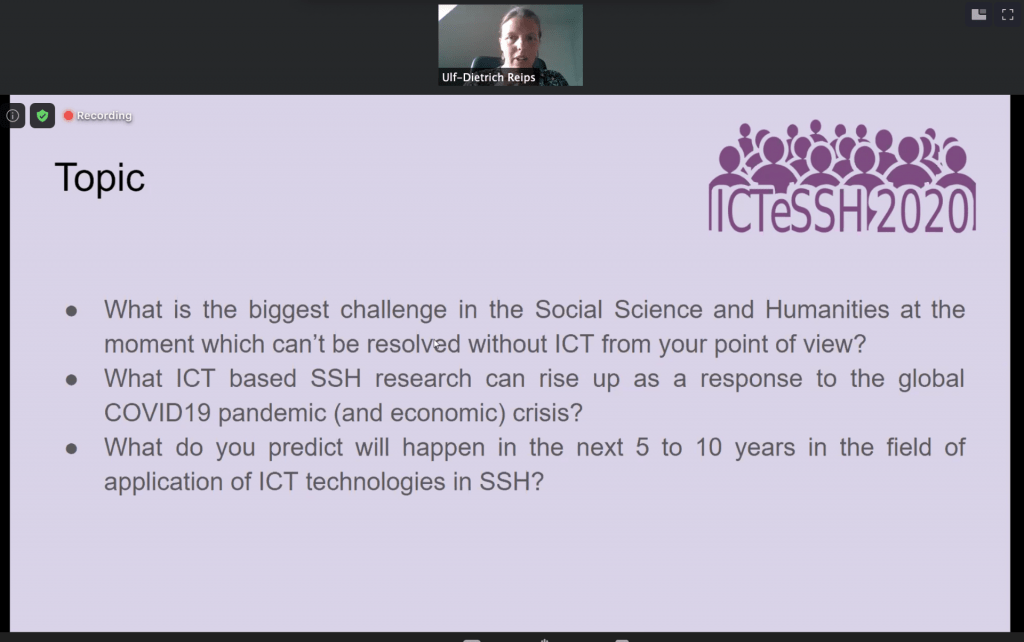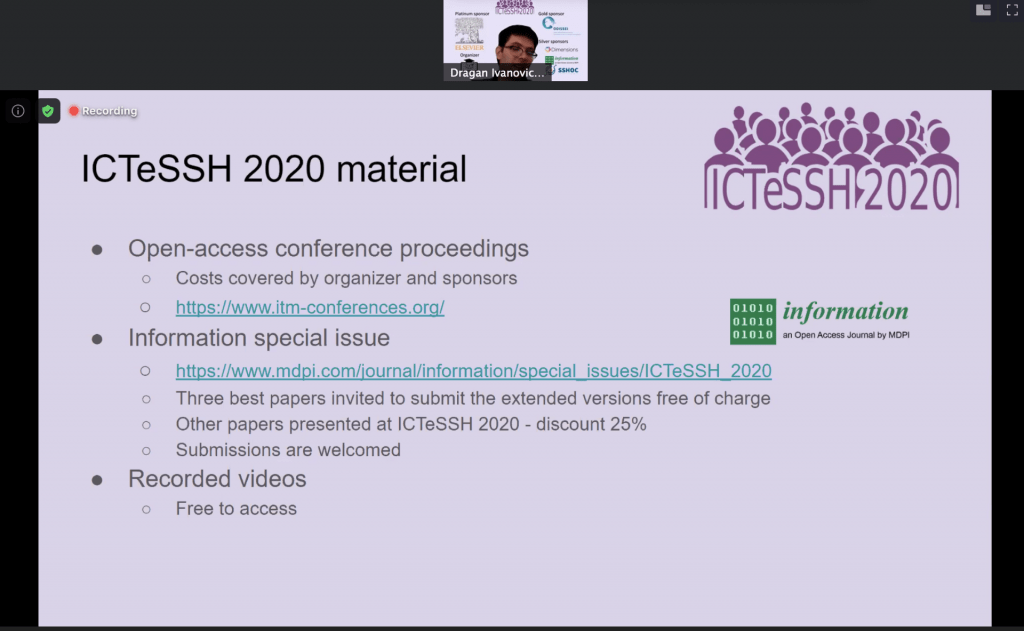CALL FOR PAPERS AND PROPOSALS
iLRN 2021: 7th International Conference of the Immersive Learning Research Network
May 17 to June 10, 2021, on iLRN Virtual Campus, powered by Virbela
… and across the Metaverse!
Technically co-sponsored by the IEEE Education Society,
with proceedings to be submitted for inclusion in IEEE Xplore(r)
Conference theme: “TRANSCEND: Accelerating Learner Engagement in XR across Time, Place, and Imagination”
+++++++++++++++++++++++++++++++++++++++++++++++++++++++++++++
The 7th International Conference of the Immersive Learning Research Network (iLRN 2021) will be an innovative and interactive virtual gathering for a strengthening global network of researchers and practitioners collaborating to develop the scientific, technical, and applied potential of immersive learning. It is the premier scholarly event focusing on advances in the use of virtual reality (VR), augmented reality (AR), mixed reality (MR), and other extended reality (XR) technologies to support learners across the full span of learning–from K-12 through higher education to work-based, informal, and lifelong learning contexts.
Following the success of iLRN 2020, our first fully online and in-VR conference, this year’s conference will once again be based on the iLRN Virtual Campus, powered by VirBELA, but with a range of activities taking place on various other XR simulation, gaming, and other platforms. Scholars and professionals working from informal and formal education settings as well as those representing diverse industry sectors are invited to participate in the conference, where they may share their research findings, experiences, and insights; network and establish partnerships to envision and shape the future of XR and immersive technologies for learning; and contribute to the emerging scholarly knowledge base on how these technologies can be used to create experiences that educate, engage, and excite learners.
Note: Last year’s iLRN conference drew over 3,600 attendees from across the globe, making the scheduling of sessions a challenge. This year’s conference activities will be spread over a four-week period so as to give attendees more opportunities to participate at times that are conducive to their local time zones.
##### TOPIC AREAS #####
XR and immersive learning in/for:
Serious Games • 3D Collaboration • eSports • AI & Machine Learning • Robotics • Digital Twins • Embodied Pedagogical Agents • Medical & Healthcare Education • Workforce & Industry • Cultural Heritage • Language Learning • K-12 STEM • Higher Ed & Workforce STEM • Museums & Libraries • Informal Learning • Community & Civic Engagement • Special Education • Geosciences • Data Visualization and Analytics • Assessment & Evaluation
##### SUBMISSION STREAMS & CATEGORIES #####
ACADEMIC STREAM (Refereed paper published in proceedings):
– Full (6-8 pages) paper for oral presentation
– Short paper (4-5 pages) for oral presentation
– Work-in-progress paper (2-3 pages) for poster presentation
– Doctoral colloquium paper (2-3 pages)
PRACTITIONER STREAM (Refereed paper published in proceedings):
– Oral presentation
– Poster presentation
– Guided virtual adventures
– Immersive learning project showcase
NONTRADITIONAL SESSION STREAM (1-2 page extended abstract describing session published in proceedings):
– Workshop
– Special session
– Panel session
##### SESSION TYPES & SESSION FORMATS #####
– Oral Presentation: Pre-recorded video + 60-minute live in-world discussion with
others presenting on similar/related topics (groupings of presenters into sessions determined by Program Committee)
– Poster Presentation: Live poster session in 3D virtual exhibition hall; pre-recorded video optional
– Doctoral Colloquium: 60-minute live in-world discussion with other doctoral researchers; pre-recorded video optional
– Guided Virtual Adventures: 60-minute small-group guided tours of to various social and collaborative XR/immersive environments and platforms
– Immersive Learning Project Showcase: WebXR space to assemble a collection of virtual artifacts, accessible to attendees throughout the conference
– Workshop: 1- or 2-hour live hands-on session
– Special Session: 30- or 60-minute live interactive session held in world; may optionally be linked to one or more papers
– Panel Session: 60-minute live in-world discussion with a self-formed group of 3-5 panelists (including a lead panelist who serves as a moderator)
Please see the conference website for templates and guidelines.
##### PROGRAM TRACKS #####
Papers and proposals may be submitted to one of 10 program tracks, the first nine of which correspond to the iLRN Houses of application, and the tenth of which is intended for papers making knowledge contributions to the learning sciences, computer science, and/or game studies that are not linked to any particular application area:
Track 1. Assessment and Evaluation (A&E)
Track 2. Early Childhood Development & Learning (ECDL)
Track 3. Galleries, Libraries, Archives, & Museums (GLAM)
Track 4. Inclusion, Diversity, Equity, Access, & Social Justice (IDEAS)
Track 5. K-12 STEM Education
Track 6. Language, Culture, & Heritage (LCH)
Track 7. Medical & Healthcare Education (MHE)
Track 8. Nature & Environmental Sciences (NES)
Track 9. Workforce Development & Industry Training (WDIT)
Track 10. Basic Research and Theory in Immersive Learning (not linked to any particular application area)
##### PAPER/PROPOSAL SUBMISSION & REVIEW #####
Papers for the Academic Stream and extended-abstract proposals for the Nontraditional Session Stream must be prepared in standard IEEE double-column US Letter format using Microsoft Word or LaTeX, and will be accepted only via the online submission system, accessible via the conference website (from which guidelines and templates are also available).
Proposals for the Practitioner Stream are to be submitted via an online form, also accessible from the conference website.
A blind peer-review process will be used to evaluate all submissions.
##### IMPORTANT DATES #####
– Main round submission deadline – all submission types welcome: 2021-01-15
– Notification of review outcomes from main submission round: 2021-04-01
– Late round submission deadline – Work-in-progress papers, practitioner presentations, and nontraditional sessions only: 2021-04-08
– Camera-ready papers for proceedings due – Full and short papers: 2021-04-15
– Presenter registration deadline – Full and short papers (also deadline for early-bird registration rates): 2021-04-15
– Notification of review outcomes from late submission round: 2021-04-19
– Camera-ready work-in-progress papers and nontraditional session extended abstracts for proceedings due; final practitioner abstracts for conference program due: 2021-05-03
– Presenter registration deadline – Work-in-progress papers, practitioner presentations, and nontraditional sessions: 2021-05-03
– Deadline for uploading presentation materials (videos, slides for oral presentations, posters for poster presentations): 2021-05-10
– Conference opening: 2021-05-17
– Conference closing: 2021-06-10
*Full and short papers can only be submitted in the main round.
##### PUBLICATION & INDEXING #####
All accepted and registered papers in the Academic Stream that are presented at iLRN 2021 and all extended abstracts describing the Nontraditional Sessions presented at the conference will be published in the conference proceedings and submitted to the IEEE Xplore(r) digital library.
Content loaded into Xplore is made available by IEEE to its abstracting and indexing partners, including Elsevier (Scopus, EiCompendex), Clarivate Analytics (CPCI–part of Web of Science) and others, for potential inclusion in their respective databases. In addition, the authors of selected papers may be invited to submit revised and expanded versions of their papers for possible publication in the IEEE Transactions on Learning Technologies (2019 JCR Impact Factor: 2.714), the Journal of Universal Computer Science (2019 JCR Impact Factor: 0.91), or another Scopus and/or Web of Science-indexed journal, subject to the relevant journal’s regular editorial and peer-review policies and procedures.
##### CONTACT #####
More on Virbela in this IMS blog
https://blog.stcloudstate.edu/ims?s=virbela
Hirsch, D. (1991). The deconstruction of literature : criticism after Auschwitz . Brown University Press.
https://mnpals-scs.primo.exlibrisgroup.com/permalink/01MNPALS_SCS/qoo6di/alma990010901510104318
Basement PN98.D43 H57 1991
p. 165 Anti-humanism at the American University
p. 169 Marxism, humanism, and literature in the university
Marx was a student if economic and political forces who believed he was conducting scientific inquiries into social political and economic structures; yes his works, students complain, are not taught at all in the Brown economics and political science departments. Students committed to post modern ways of thinking discover conspiracy in this phenomenon, but it is more likely that the omission is owning to the fact that professional economists do not respect marks as an economist. Those who pursue the study of economics essay science do not consider Marxist economic theories sufficiently scientific, and on the basis of what Dusty a risk of done to the economics of the Soviet union in the peoples Republic of China, which claim to be Marxist states, who can blame the process for being skeptical?
A similar situation exists with regard to Freud. Just as marks is very little taught in political science or economic departments, sort throat is not crowded these days in Department of psychology or psychiatry, and for similar reasons. Though what Freud dead in his own time may have passed for science and though he may have considered himself a scientist, he is not a scientist at all by contemporary standards. If Marxist economics has not produced utopias in Marxist states, so, by the same token, Freudian techniques of analysis have not consistently demonstrated the power to cure the more serious ( or even the most trivial) psychological disorders.
p. 170 If Marxist economics is no longer perceived is a tool that can be used to help solve economic problems, and Freudian analytics techniques are no longer applicable in helping to cure patients with mental disorders, what residue of Marxism and Freudianism remains?
p. 171 though they find an inhospitable climate in the social sciences and in the heart sciences, Marks in Freud have been given a warm home in certain humanities departments committed to postmodern ways of perceiving the world. But they have not found a home there is scientists. They have found a home, rather, as profits, or perhaps more accurately, as gods. And those who espouse Marxian in Freudian views become the “true believers.”
what happens to Marxist and Freudian ideas when they lose their empirical grounding in their power to explain events in the physical world? Free-floating Marxist and Freudian ideas have been fused to established at least one of the foundations of post modernist literature theory and to promulgate an image of the human form it’s a robot controlled by “ideology.”
p. 172. Because ideology works most effectively through its unconscious hold on subjects, it resists being made conscious or explicit. And ideology structures ‘seeing’ in ‘feeling’ before it structures ‘thinking,’ and appears to have no historical or social specificity but to be simply the natural way of perceiving reality.
Other residues of do descientizied Marx and Freud are “the class struggle” in “sublimation.” But the class struggle is Marx conceived it never really took root in American culture.
Even know, empirical sociologists have difficulty in defining what constitutes “a class” in American culture, and in determining where one class ends and another begins.
It is well known that the vast majority of Americans define themselves as middle-class, which then makes it necessary for a sociologist interested in arriving it finally distinctions to divide the middle glass itself into upper, middle, and lower, and so on.
p. 173. Post modern Freudians are forced into similar absurdities. Freud based his theory of sublimation (neurosis-as-the-price-of-culture) on the very rigid Austro-German family, constituted by a strict, punishing, disciplinarian father, a submissive mother, and obedient son, and a subservient daughter. p. 174 Marks in Floyd analyzed Austro-German culture and thought they were analyzing the universe. For them Austro-German culture was universal culture, as it consequently becomes for believing Marxists and Freudians.
p. 179. And what are you, reader?
the humanities are in flux. Liberal democracy, on which the humanities real life for 16 ounce and which day in Torrance sustain, is under attack by ‘humanists”; literary criticism has nothing only become politicized, but politicized against the Vallas of liberal humanism.
p. 190. The Marxist-Gramscian thesis depends on a conspiracy theory according to which the “dominant classes” exert their influence over the “subordinate classes covered” the by means of educational, religious, and other institutions, and ‘ruling groups preempt the high ground of universal morality in truth.” Because the dominant classes dominate the oppressed classes in secrecy, by means of social institutions, de artist must respond to this dominance with symbolic representations.

